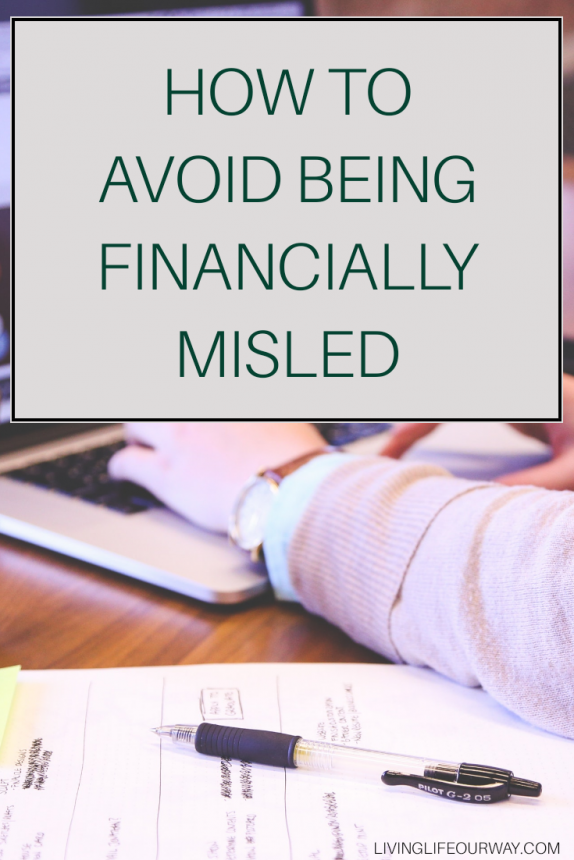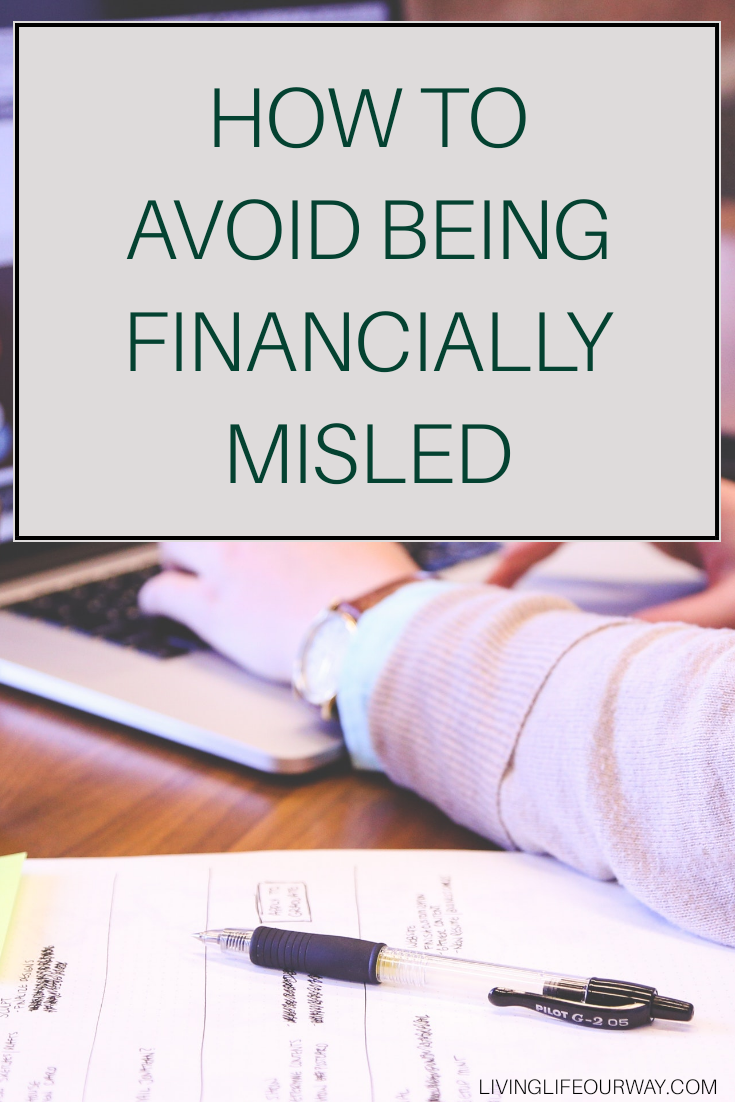We can spend our entire lives building up good financial standing only to have one mistake take all of our savings from us. Sometimes, this may not be our fault. In the 2008 housing-led financial crisis, many families lost their homes and savings they had worked for years to accumulate. They gave their trust to a deeply flawed, corrupted and poorly audited system, and they were unfairly punished for it. While it’s lucky that these situations are more the exception than the norm, it’s also important to realise that sometimes being financially misled is avoidable and a good grasp of finances can be a vital life skill.
These skills include large financial decisions such as huge investments, like property purchases for example. It may also include more complex knowledge like dealing in stocks and shares. If you intend to consider higher risk investment opportunities, be sure to know what you are doing. Using a stock market calculator might help, for example.
However, solid financial skills also include the everyday things of course. Such as choosing wisely the smaller services or purchases you opt for. These can sometimes be less value than they’re worth. Understanding day to day finances is an essential skill for any independent adult.
Look hard enough, and you’ll usually find someone ready with a prepared speech as to why you should give them your money to manage or invest. While you cannot be one hundred percent secure in every decision you ever make, you can apply a stringent set of criteria to avoid issues from becoming the norm. In order to help you take care of that goal consider the following…

Vetting All Claims Thoroughly
It’s important to vet all claims thoroughly. For example, taking the steps to change life insurance you may have fallen into can lead you to understand just what the terms were in the first place, or if you needed it to begin with. In fact, these measures can help any financially independent person become more aware of the pitfalls that inattention can cause.
Go Through Your Books
Go through your financial books. Write a small report translating your financial activity over the last year into lessons, goals, and perhaps measures that need addressing. This can help you pay overdue and small debts, or it may simply help you find those service subscriptions you’d forgotten you were paying for. Do you really need that empty savings account right now, or could you give a little more to the savings building society you have set up for your children now you’ve been promoted? Sometimes, avoiding being misled is avoiding an incomplete or faulty set of financial assumptions that are of your own making.
Stay Wary & Critical
Remain wary and critical of golden investments or of loans with a too-small interest percentage. Ensure that you verify all correspondence is from your bank and not a third party, and that you hold no truck for salesmen before conducting your own research. Never signup for new initiatives such as credit cards simply because they are new and look good. Try not to fall into indulgent purchases before verifying you can afford them, even via credit options. Spend time reading through your contracts before making any financial decisions. If you can adhere to these principles, you’ll avoid the worst of financial deceptions.
With this approach, you’re sure to avoid being financially misled.
*This is a collaborative post

